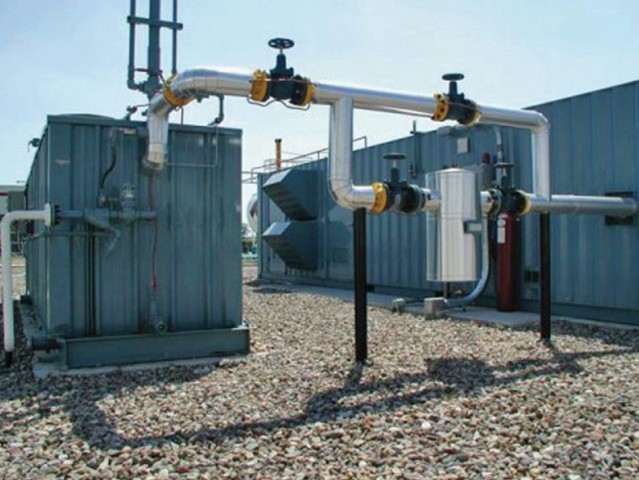
They were of the view that apart from the industry’s sufferings, the government will ultimately lose on many counts.
The government, they said in a statement, should ensure at least 25% gas supply to textile exporters in winter under the quota regime and take serious cognisance of the matter in order to support the industry.
Pakistan Textile Exporters Association Chairman Asghar Ali criticised the restriction of 17% gas supply to the industry and termed the move ‘unilateral.’
Rejecting the argument of gas managers that the supply is squeezed in winters, he stressed that weather has not yet touched the critical point.

“Gas supply to the textile sector has never dropped beyond 20% in the past; the current reduction will drastically curtail goods’ manufacturing, making it impossible for the exporters to meet commitments,” said Ali.
“Energy shortage is the prime cause of economic instability and decline in industrial growth as a sizeable textile capacity has been severely impaired and exports, both in terms of volumes and value, dropped across the value chain,” said Arif Mahmood Qureshi, a textile exporter.
“Though the government contemplates increasing industrial growth targets, its decisions pose a grave threat to the plan.”
With a share of $6 billion from a total of $13.9 billion worth of textile exports, Punjab is a major stakeholder, Qureshi added, noting a decline of 11.38% in exports in October this year compared to the same month of previous fiscal year.
“At a point where industrial production and exports are falling, the reduction in gas supply will aggravate the situation. Falling exports not just mean lesser foreign exchange inflows, but also the loss of employment.”
The export-oriented industry has been failing to make on-time deliveries due to acute energy shortages, forcing buyers to switch to other regional countries, added Qureshi.
Published in The Express Tribune, November 28th, 2015.
Like Business on Facebook, follow @TribuneBiz on Twitter to stay informed and join in the conversation.











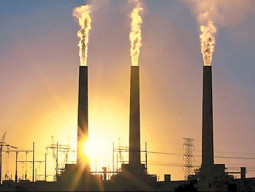

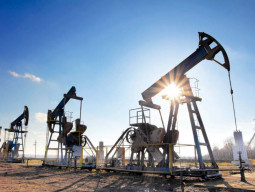




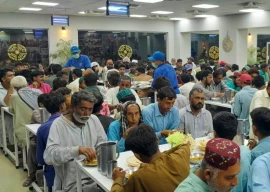
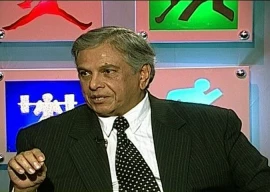











1714024018-0/ModiLara-(1)1714024018-0-270x192.webp)









COMMENTS (5)
Comments are moderated and generally will be posted if they are on-topic and not abusive.
For more information, please see our Comments FAQ